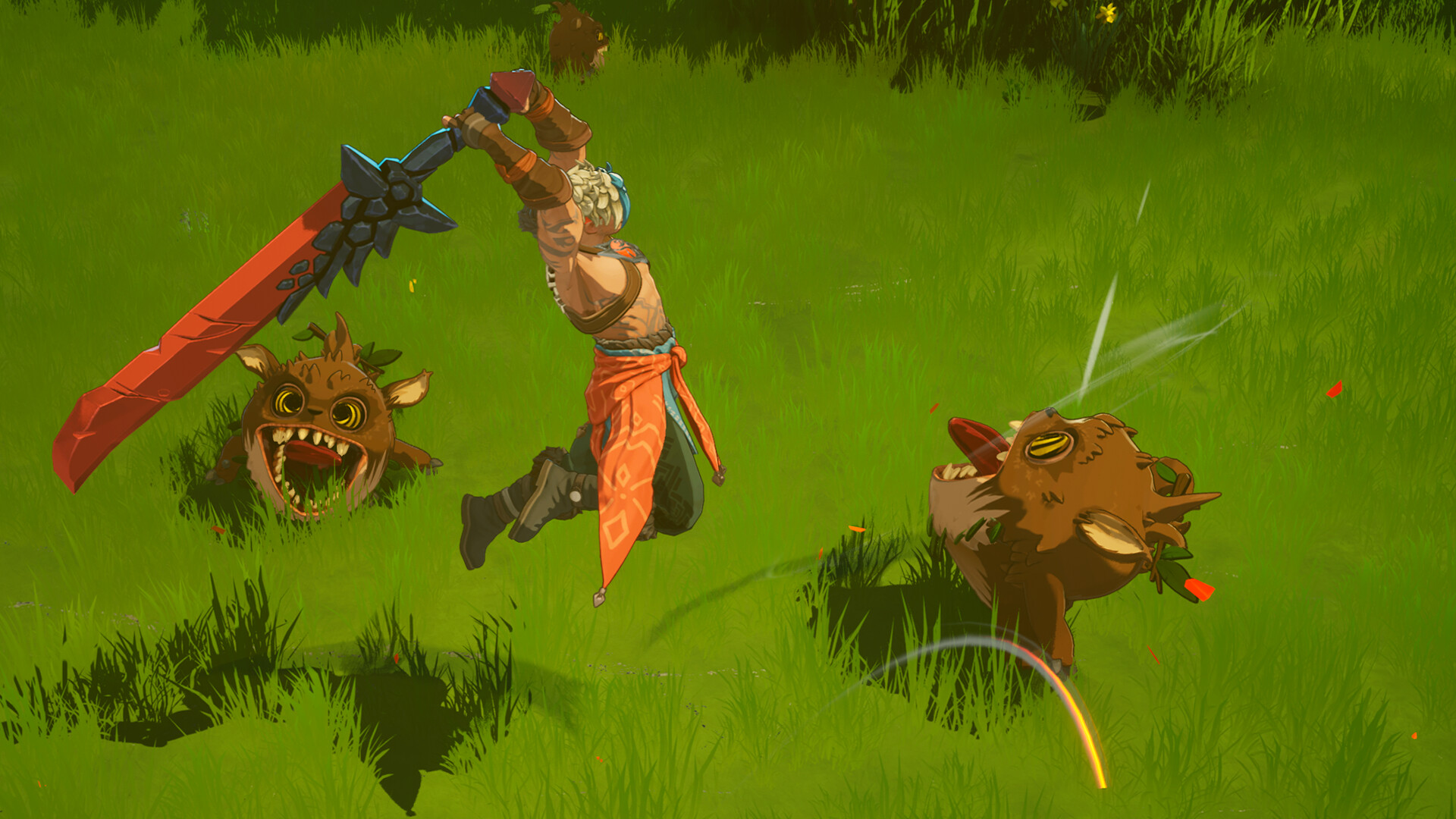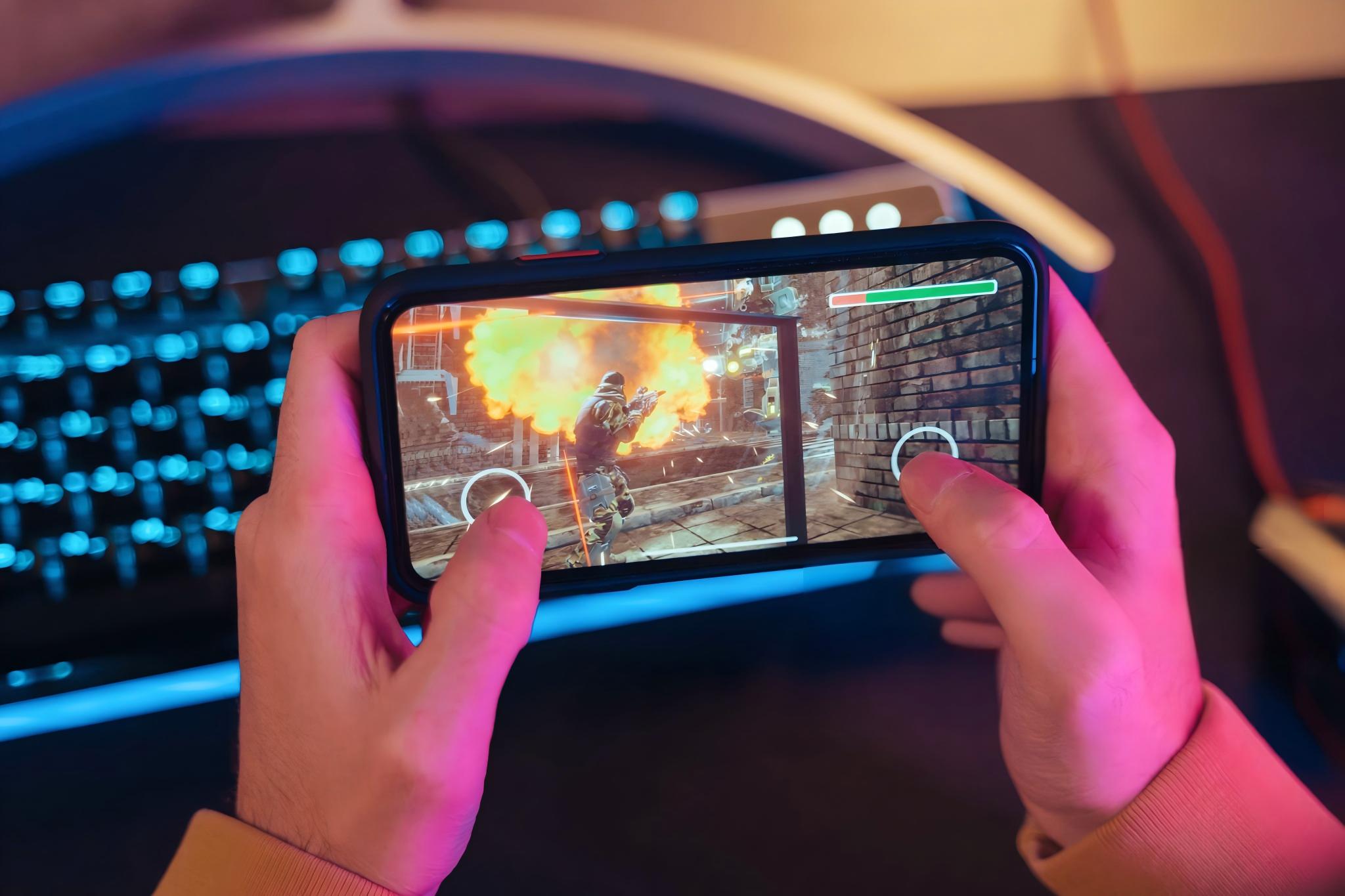There is a moment in every poorly adapted RPG that breaks the player’s heart. You are forty hours into an epic journey, standing before the final boss. The music swells, the stakes are infinite, and the villain opens his mouth to deliver a terrifying ultimatum. But instead of fear, you feel confusion because the subtitles read: "All your base are belong to us."
The immersion shatters. The villain isn’t scary; he’s a meme.
For Role-Playing Games (RPGs), where narrative is the core product, text is not just information—it is gameplay. This is where the crucial distinction between translation and culturalization lies. One changes words; the other preserves souls.
If you want your game to survive in global markets, understanding this difference isn't optional. It is the difference between a "Mostly Positive" and an "Overwhelmingly Positive" rating on Steam.
The Hierarchy of Adaptation: Knowing the Difference
To fix a game’s narrative, we first have to fix our vocabulary. Many developers use "translation" and "localization" interchangeably, but they are distinct steps on a ladder of quality.
Translation (The Baseline): Converting text from Source Language A to Target Language B.
Result: The player understands the instructions, but the dialogue feels robotic or "off."
Localization (The Standard): Adapting the translation to fit technical and regional constraints. This involves formatting dates (DD/MM/YY vs. MM/DD/YY), adjusting UI text boxes for longer German words, and ensuring fonts support special characters.
Result: The game functions technically, but may still feel foreign.
Culturalization (The Gold Standard): Deep adaptation of content to resonate with the target culture's history, beliefs, and emotional triggers. This often involves rewriting jokes, changing colors, or even altering plot points to avoid taboos.
Result: Total Immersion. The player feels the game was made for them.
The RPG Rule: In a shooter, players might forgive a bad translation if the gunplay is good. In an RPG, the text is the game. If the dialogue fails, the game fails.
The Cultural Minefield: Where Translation Fails
Why is direct translation dangerous for RPGs? Because language is deeply tied to culture, and culture is full of invisible tripwires.
1. The Humor Trap
Humor is the first casualty of translation. Puns, specifically, are nightmares. If an NPC makes a joke based on a Japanese homophone, a direct translation into English will leave the player confused.
The Fix: Culturalization replaces the specific joke with a new one that fits the character and the situation, even if the literal words are completely different.
2. The Color Spectrum
Colors carry weight. In the West, white often symbolizes purity and weddings. In parts of East Asia, white is the color of mourning and death.
The Risk: Sending a hero to a wedding in an all-white outfit might look like a funeral procession to a Chinese player. Conversely, writing a character's name in red ink can suggest they are dead or cursed in certain Asian cultures—a subtle horror element you didn't intend.
3. Gods, Taboos, and History
Fantasy RPGs love pantheons of gods. However, real-world religious terminology is sensitive. Using terms like "Crusade" or "Jihad" carelessly can get your game banned in specific regions.
The Nuance: In 2008, Fallout 3 had to edit the "Fat Man" nuclear catapult for the Japanese market due to historical sensitivities regarding atomic bombs. A simple translator might miss this; a culturalization expert will flag it immediately.
The Business Case: "Can't Read, Won't Buy"
Culturalization is not just an artistic choice; it is a financial necessity.
Data from CSA Research (Common Sense Advisory) consistently highlights the "Can't Read, Won't Buy" phenomenon:
76% of online shoppers prefer to buy products with information in their native language.
40% will never buy from websites in other languages.
For gaming specifically, the impact is visible on platforms like Steam. Less than 35% of Steam users navigate the platform in English. If you only support English, you are ignoring two-thirds of the global market.
Furthermore, localization quality directly impacts discoverability. Research indicates that localized Steam store pages receive up to 4.5x more wishlists than non-localized ones. Conversely, up to 16% of negative user reviews cite poor localization ("bad grammar," "machine translation," "makes no sense") as a reason for a "Thumbs Down."
How to Get It Right
Achieving high-quality culturalization requires more than a bilingual dictionary; it requires a partner who understands world-building.
1. Start Early (Sim-ship)
Don't treat localization as an afterthought to be done one month before launch. Integrate your localization team during the writing phase. If a plot point relies heavily on a linguistic trick that only works in English, your localization partner can warn you before you code it.
2. Provide Context, Not Just Spreadsheets
Sending a translator an Excel sheet with 50,000 rows of text (strings) without context is a recipe for disaster. Does the word "Chest" refer to a box of gold or a character's body part? Without visuals or lore bibles, errors are inevitable.
3. Choose a Partner with "World" Experience
You need a team that does more than swap words—you need a team that understands media adaptation.
This is where Artlangs Translation distinguishes itself. With years of experience in the trenches of game localization and video localization, Artlangs doesn't just process text; they adapt experiences.
Their expertise spans 230+ languages, ensuring that whether you are targeting the anime-centric market of Japan or the emerging gaming hubs in Southeast Asia and Brazil, the cultural nuance remains intact.
Artlangs offers a comprehensive ecosystem for RPG developers:
Deep Culturalization: Native linguists who catch the "red ink" taboos and fix the broken puns.
Audio Immersion: Professional multilingual dubbing and audiobook voice-overs, ensuring your NPCs sound as authentic in French as they do in English.
Short Drama & Video Loc: Experience in short drama subtitles means they understand pacing, character voice, and dramatic tension—essential skills for heavy RPG dialogue.
Tech-Ready: For developers using AI to assist in asset generation, Artlangs provides high-quality multilingual data annotation and transcription, ensuring your training data is culturally accurate.
Final Thoughts
Your RPG is a conversation between you and the player. If that conversation is full of misunderstandings, the relationship fails. Don't let a bad translation be the final boss that defeats your game. Invest in culturalization, respect your global audience, and let partners like Artlangs Translation help you tell your story to the world, exactly how it was meant to be heard.
Ready to bring your world to a global audience?[Contact Artlangs Translation] today to discuss how we can culturalize your next RPG masterpiece.











